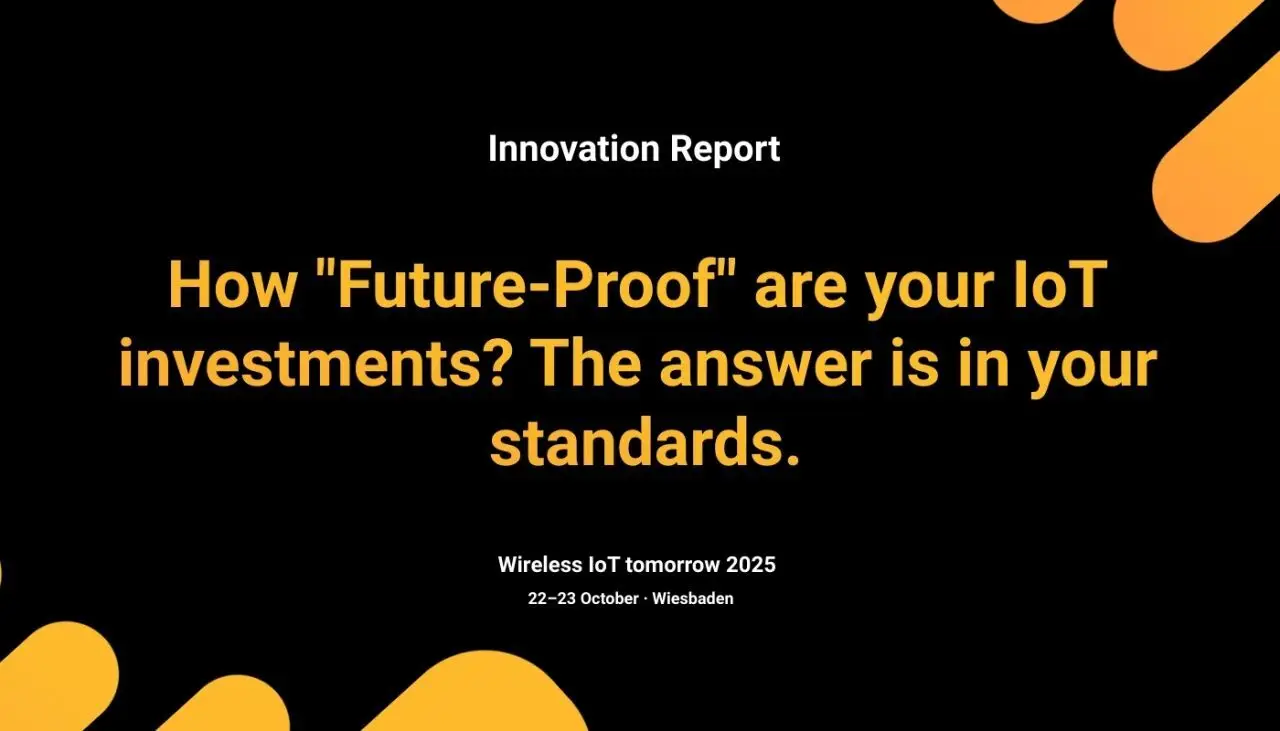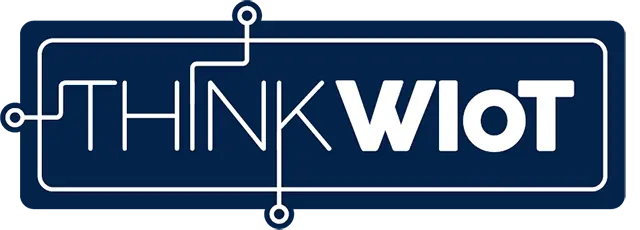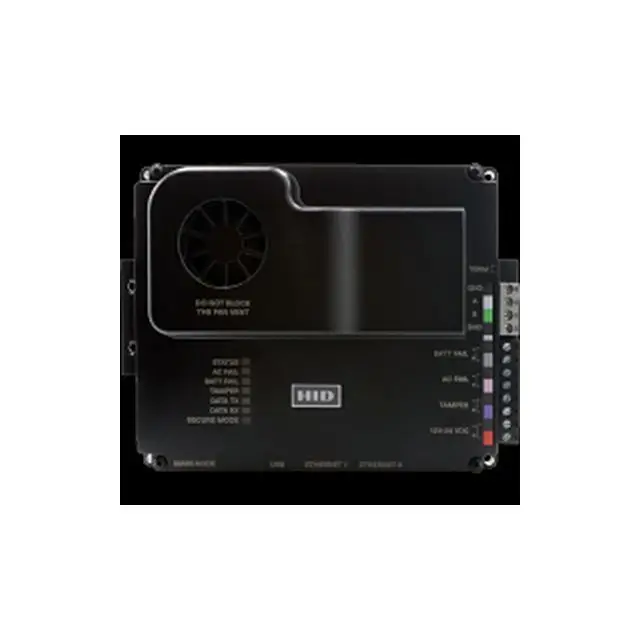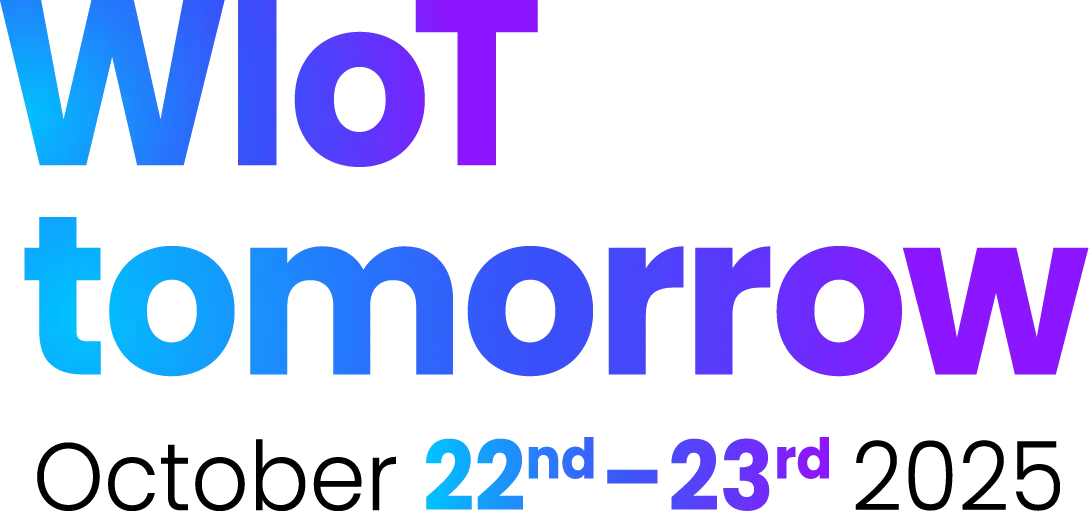Beyond the Silo: Why Interoperability and Open Standards are the Future of IoT

The Business-Critical Need for Standardized Interfaces and Open Protocols
The IoT Is Broken. Here’s How We Fix It.
The Internet of Things promised a seamless, interconnected world where devices, systems, and platforms communicate effortlessly. In reality, today’s IoT is fragmented, a patchwork of proprietary solutions, competing protocols, and isolated “data silos.”
This lack of interoperability is one of the greatest barriers to innovation and scalability. Smart factories, smart cities, and supply chains often struggle with vendor lock-in and costly integrations, leaving ROI unrealized.
The way forward is not more technology, but a new mindset, built on standardized interfaces and open protocols. This common language is the critical infrastructure of the connected future.
From Policy to Practice: Live at WIoT tomorrow 2025
The debate around interoperability is accelerating. Driven by both market needs and new political frameworks, businesses face a clear question:
How do I build scalable, future-proof systems?
How do I avoid vendor lock-in?
How do I ensure compliance with new regulations?
At WIoT tomorrow 2025 on October 22–23 in Wiesbaden, Germany, the topic of open standards takes center stage. Visitors can:
Hear the latest on policy & regulation – including the EU Cyber Resilience Act and its impact on system architecture.
Meet the standard-bearers – from global organizations shaping the common language of IoT.
Find compliant technology – discover hardware and software already built on open standards.
Among the key organizations at the forefront:
AIM Global – advancing standards in AIDC and IoT worldwide.
OPC Foundation – creators of OPC UA, the backbone of Industry 4.0 data exchange.
ISAD Germany – representing short-range device users and shaping European spectrum policy.
Key Concepts You Must Understand
What Is Interoperability?
Interoperability means systems can exchange and understand data. It exists on three levels:
Technical – devices can connect and exchange packets.
Syntactic – systems understand the structure of exchanged data.
Semantic – systems interpret the meaning in context (the “holy grail” of IoT).
Proprietary systems often stop at syntactic and rarely achieve semantic interoperability without costly custom integration.
Innovation Impulse 1: Platform-Independent Standards
Protocols like MQTT (lightweight messaging) and OPC UA (rich, secure data framework) are reshaping IoT. They allow vendor independence and true system flexibility, choosing the best sensor, gateway, or cloud platform without compatibility risks.
Innovation Impulse 2: Standardization of Wireless Layers
Organizations such as RAIN Alliance, omlox, and matter are defining common frameworks for wireless communication and location data. The result: reduced complexity, lower costs, and true plug-and-play capabilities.
Innovation Impulse 3: Regulatory Tailwinds
Regulations like the Cyber Resilience Act and the Data Act are pushing manufacturers toward secure, open standards. Compliance will no longer be optional, open standards will be the easiest path to meet legal and security demands.
Conclusion: Build Bridges, Not Islands
The era of closed silos is ending. Future success in IoT depends on openness, interoperability, and collaboration.
At WIoT tomorrow 2025, October 22–23 in Wiesbaden, Germany, you’ll meet the organizations, experts, and partners building this future. It’s more than an event, it’s the essential forum for anyone creating the next generation of connected systems.
👉 Learn more about the topic and WIoT tomorrow 2025
IoT Starts Here.



